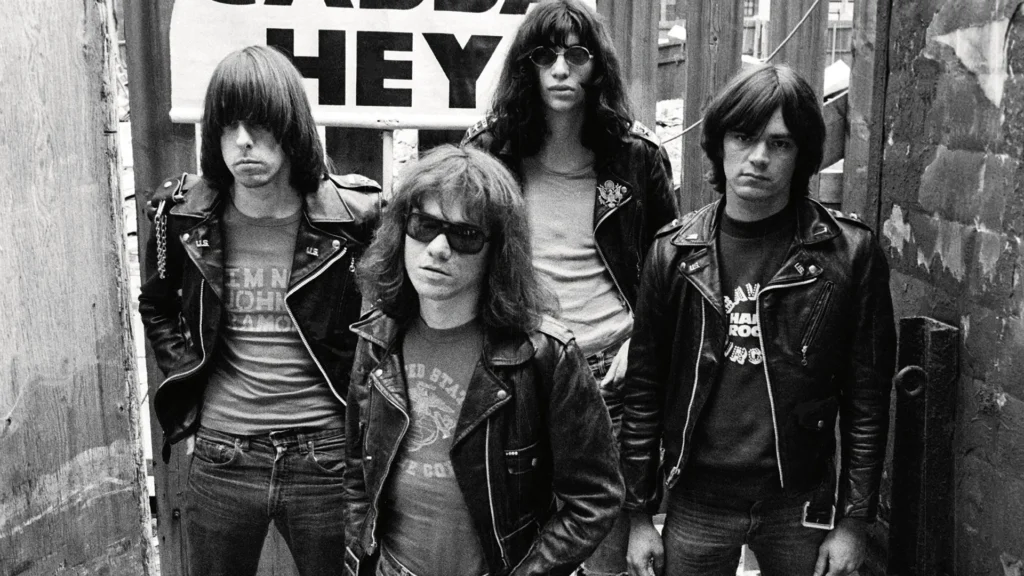Poppy’s Negative Spaces is nothing short of a triumphant evolution in her already extraordinary career. The album marks a watershed moment, where the artist dives fully into her metal persona with unrelenting conviction and masterful execution. It’s a record that doesn’t just follow the trajectory of her recent work but elevates it, cementing her as a force to be reckoned with in the modern alt-metal scene.

From the first crushing riffs of New Way Out, it’s clear that Poppy and producer Jordan Fish have tapped into a sound that is both nostalgic and forward-thinking. The album draws on the raw power of 2000s-era metal titans like Linkin Park, Evanescence, and Slipknot, blending their influence with the polished aggression that fans of Spiritbox or Silent Planet will adore. Yet, Poppy’s vision ensures that Negative Spaces feels entirely her own. Tracks like The Cost of Giving Up and They’re All Around Us are as hauntingly melodic as they are ferocious, delivering hooks that beg for repeat listens while inviting cathartic headbanging.
This album is an emotional powerhouse, channeling anger, defiance, and resilience into every track. Surviving on Defiance stands out as a masterpiece, seamlessly blending shoegaze-esque dreaminess with the grinding intensity of metal. Poppy’s vocals soar and snarl in equal measure, delivering one of her most moving performances to date. Similarly, The Center’s Falling Out is a blistering, chaotic journey that pays homage to metalcore’s greats while feeling unmistakably fresh and vital.

What’s remarkable about Negative Spaces is its balance of heaviness and accessibility. It’s an album packed with tracks that can rally a mosh pit but also captivate casual listeners with its soaring choruses and intricate production. Songs like Push Go and Crystalized veer into synth-driven, industrial territory, adding welcome variety without disrupting the album’s flow.
Admittedly, the album does have moments where the production polish feels a bit too slick, such as on Vital and Halo. However, these minor dips are far outweighed by the album’s highlights. Even when the guitars edge towards homogeneity, Poppy’s commanding vocal presence and lyrical intensity keep the listener engaged.
More than anything, Negative Spaces feels like an arrival. It’s the sound of Poppy fully embracing her role as a metal icon, shedding the quirkier elements of her past for something rawer, darker, and more authentic. While some longtime fans might miss the tongue-in-cheek absurdity of her earlier work, there’s no denying that this album represents her most cohesive and powerful artistic statement yet.
Negative Spaces isn’t just an album; it’s a declaration. It’s Poppy staking her claim in the metal world and proving she has the chops, vision, and fearlessness to thrive in it. For fans of heavy music, this is essential listening—a nostalgic yet innovative tour de force that leaves no doubt about Poppy’s staying power. This is her best record yet, and I wouldn’t be surprised if it ends up on many year-end lists.









